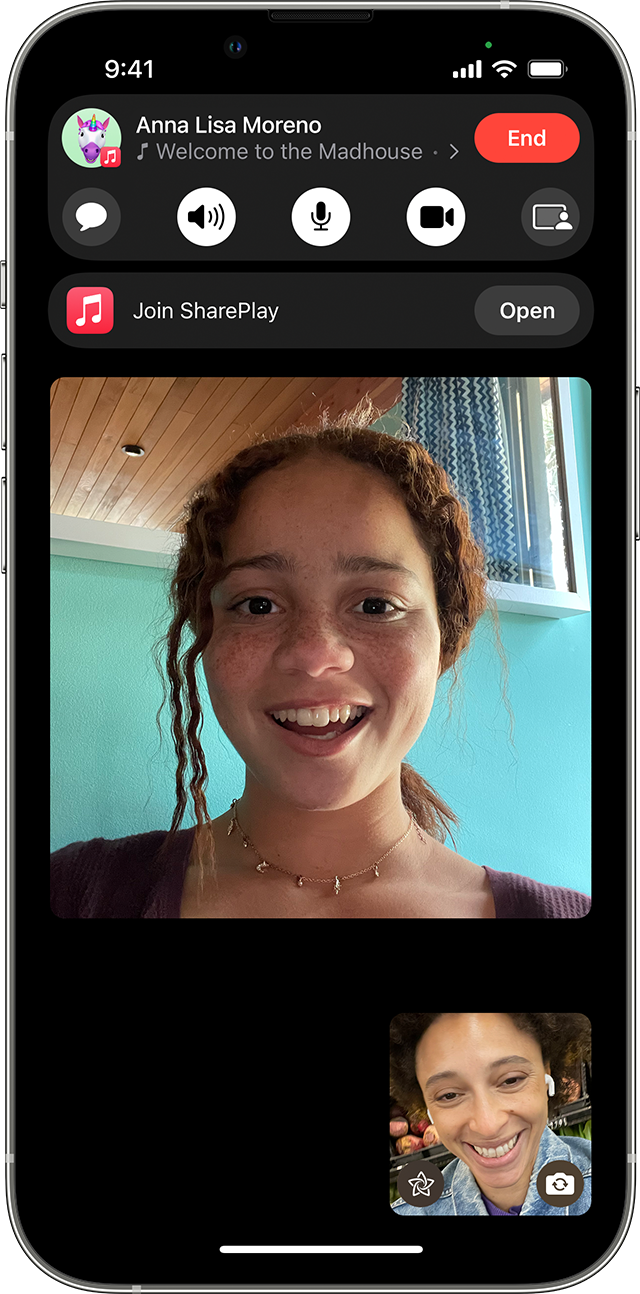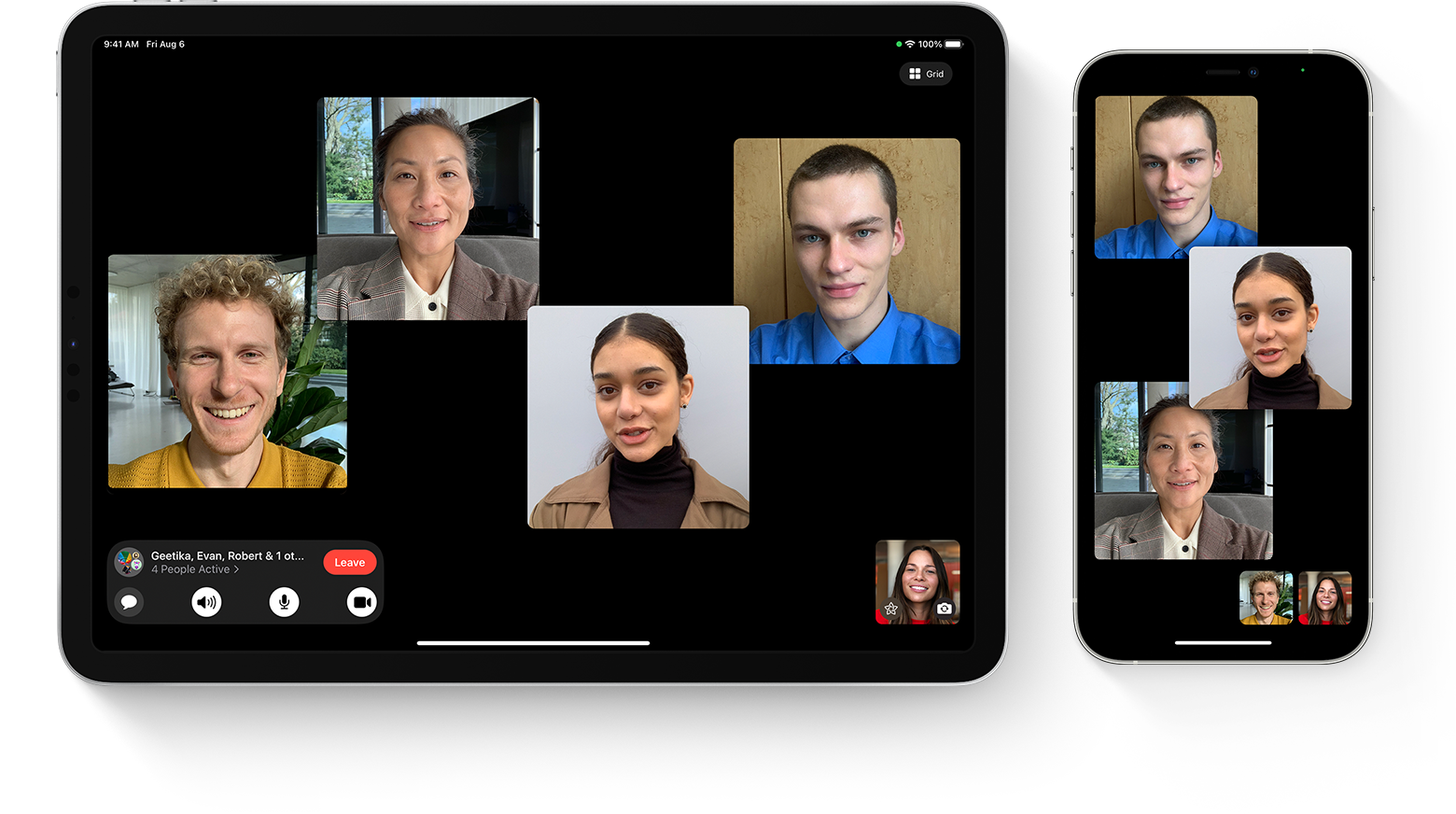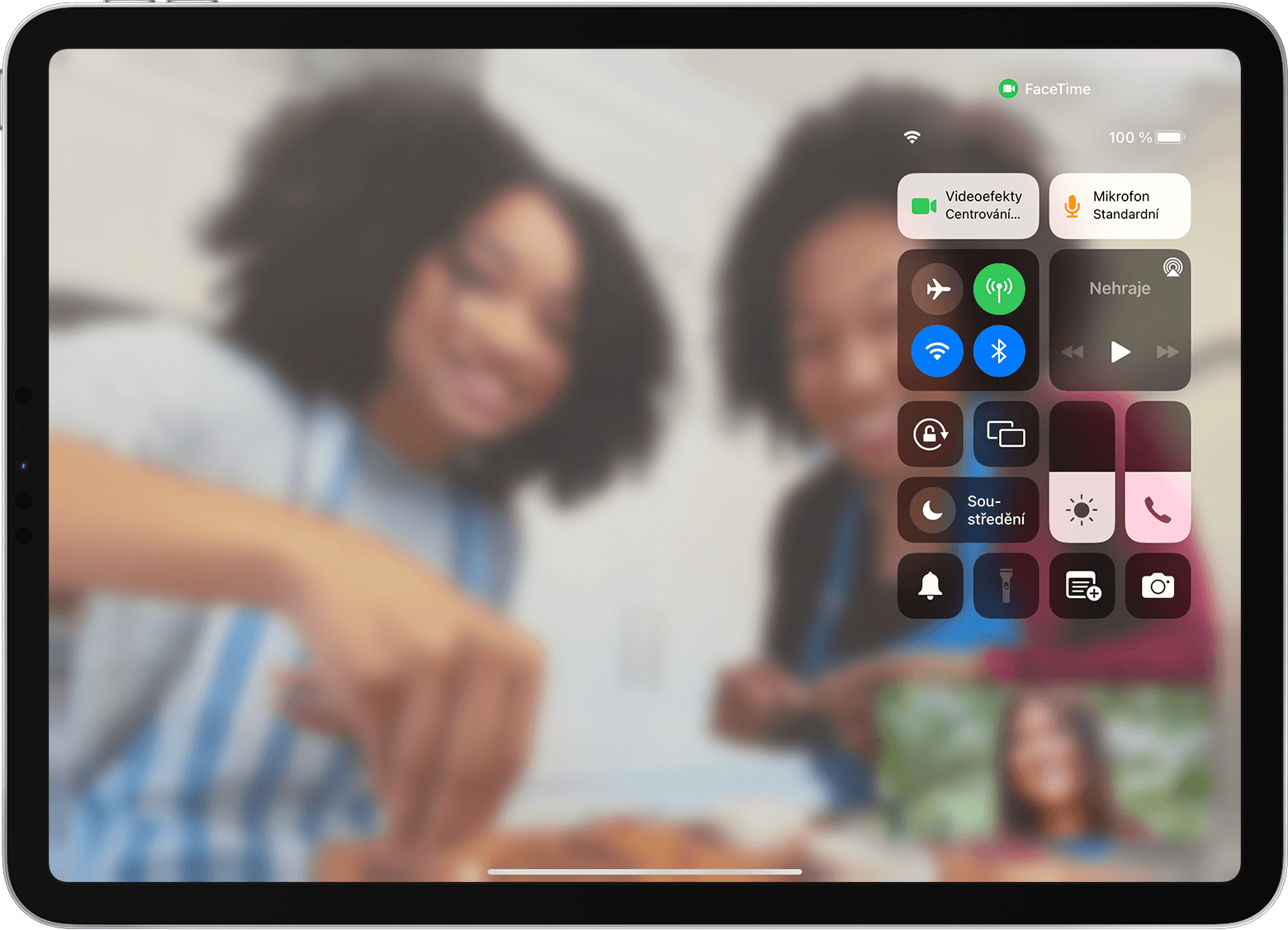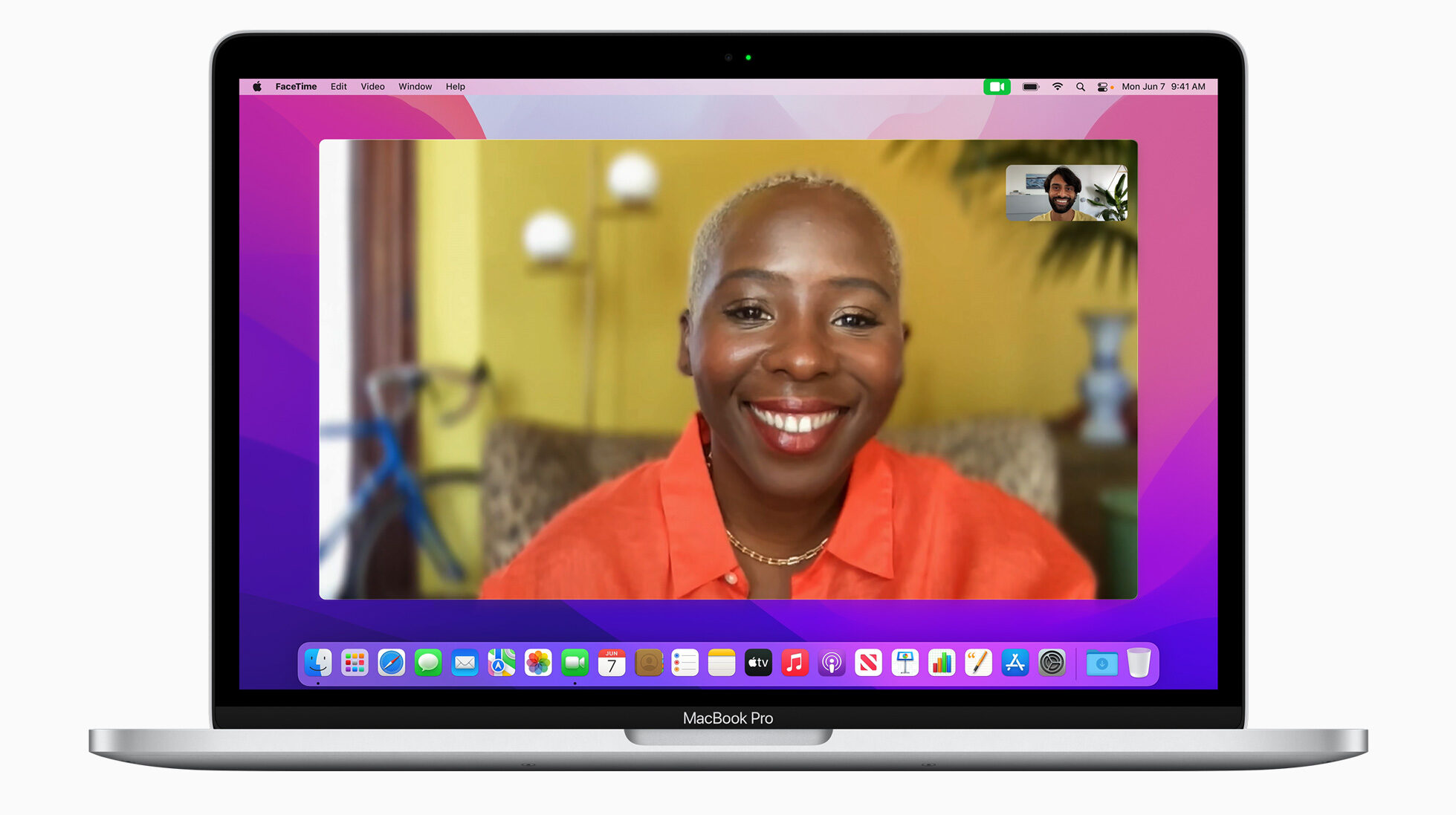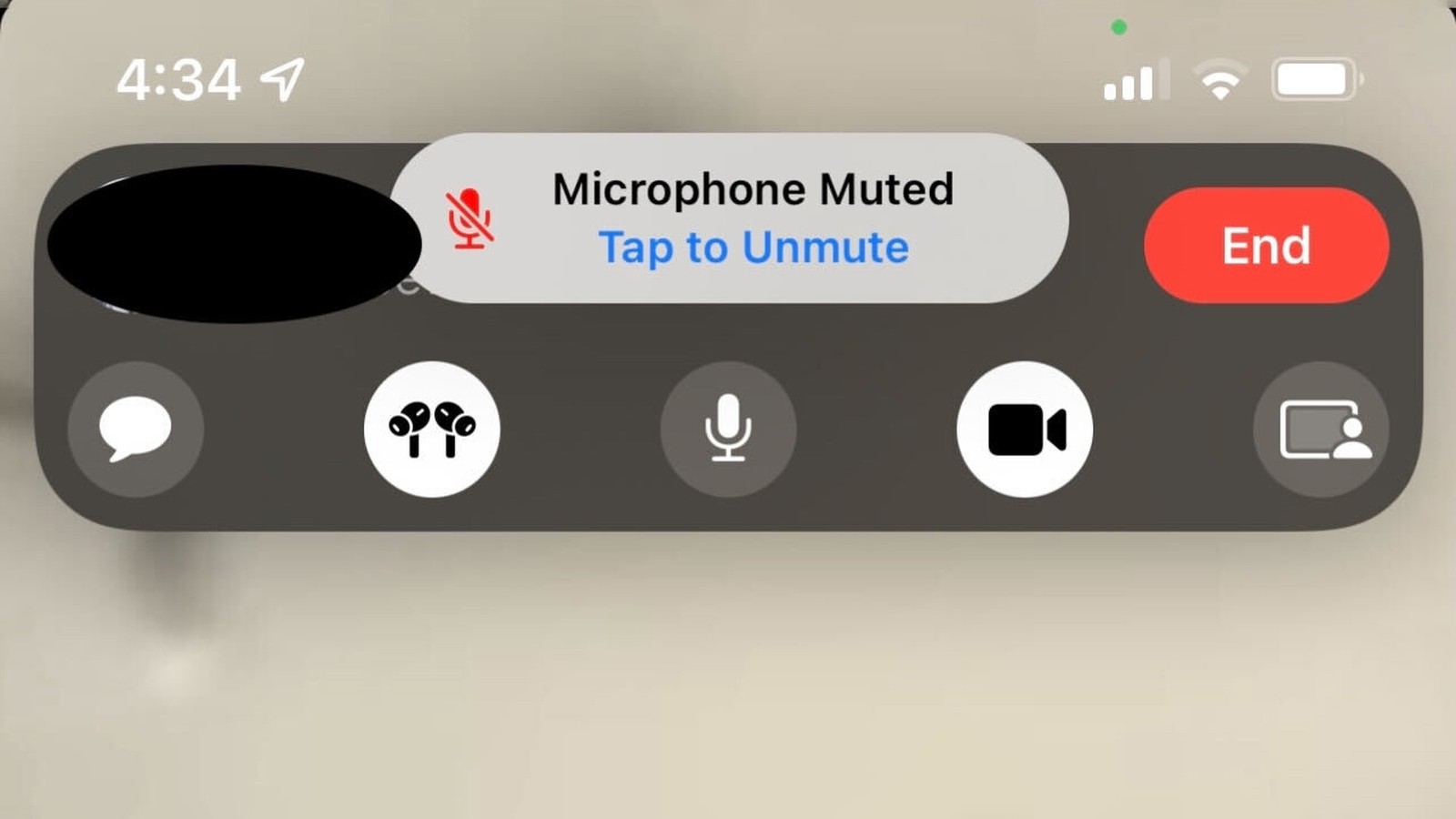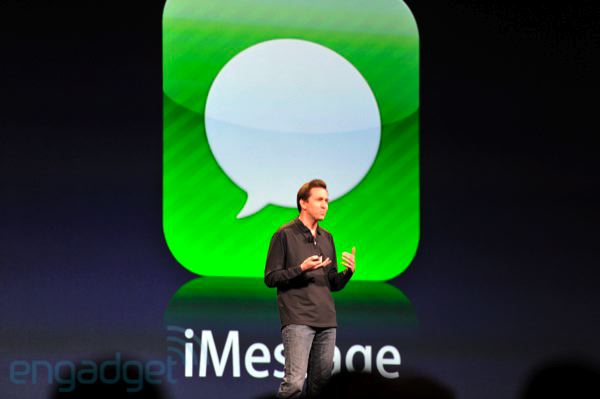Apple is seen as a company that is not exactly brimming with excessive openness with regard to user options. And it is true to some extent. Apple doesn't want you messing around with things you don't need to when everything is working as it should. In contrast, there are things to which it gives access not only to developers but also to users, from devices other than their own. It's just not talked about much.
On the one hand, we have a closed ecosystem here, on the other hand, certain elements that go beyond it. But for certain things, it makes Apple want the wolf (the user) to be eaten and the goat (Apple) to remain whole. We are specifically talking about the FaceTime service, i.e. a platform for (video) calling. The company introduced them back in 2011, with iOS 4. Ten years later in 2021, with iOS 15, the ability to share invitations came, as well as a lot of other improvements in the form of SharePlay, etc.
It could be interest you
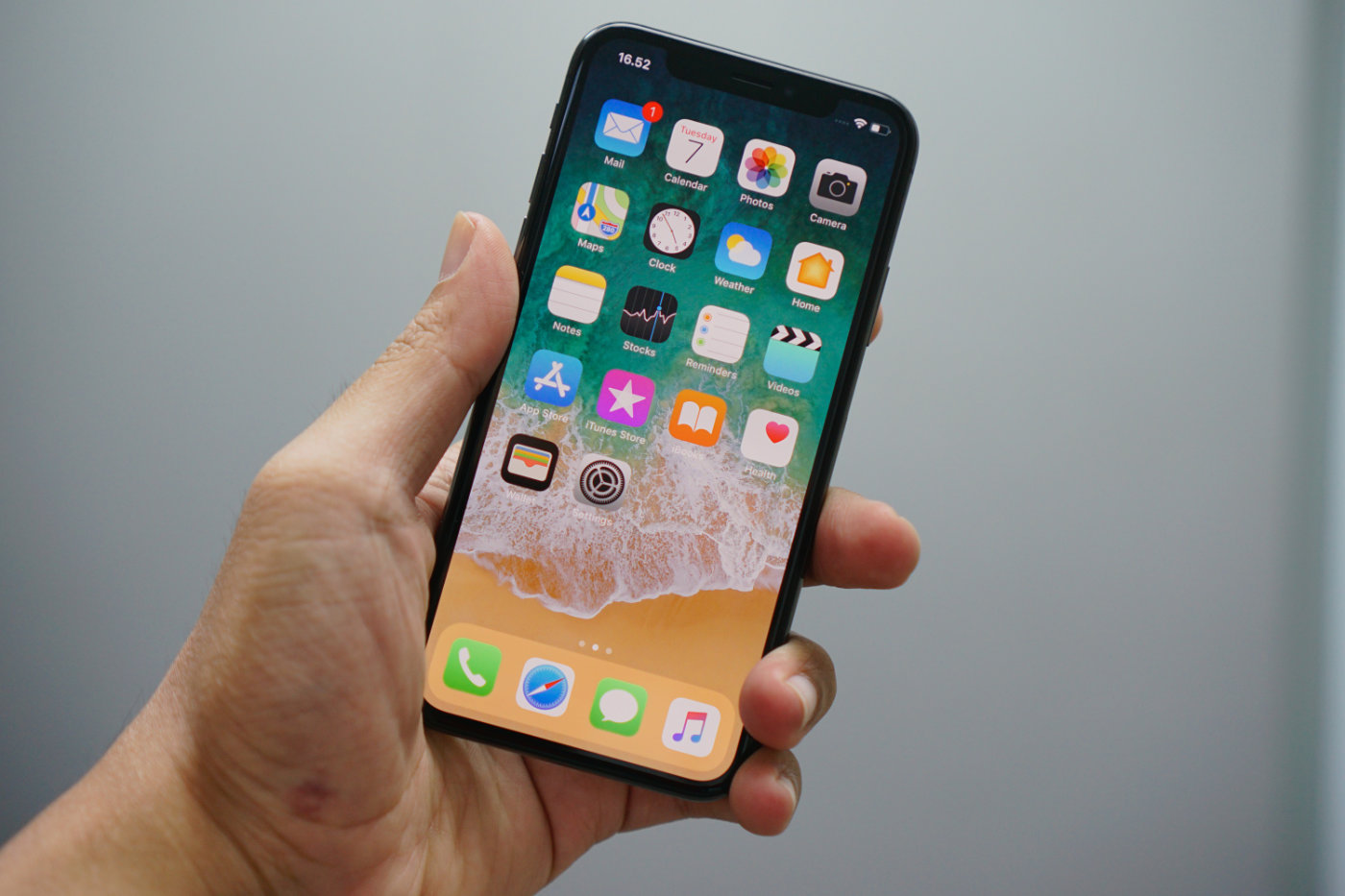
You can now also send a link with an invitation to FaceTime to friends and family members who use Windows or Android with the Chrome or Edge browser. Even these calls are encrypted during the entire transmission, which means they are just as private and secure as all other FaceTime calls. The problem is that it's a helpful, but rather flimsy, gesture from Apple.
It was already resolved with the Epic Games case. If Apple wanted to, it could have the largest chat platform in the world, overshadowing even WhatsApp. However, Apple did not want to release his iMessage outside of its platforms. Even though he made some concessions with FaceTime, he still limits others and the question is whether to solve the call via FaceTime or another service when we have so many of them here. It would be a different situation if the company released a standalone app.
Android application
But the reason why this is so is for a selfish reason - profit. FaceTim does not generate any revenue for Apple. It is a free service, which is the exact opposite of Apple Music and Apple TV+. Both of these platforms, for example, have separate applications on Android. This is because Apple needs to acquire new users here regardless of what platform they use, and to some extent it is obviously the right strategy. These platforms are also available via the web or on smart TVs. However, both are tied to a subscription, without which you can only use them for a limited time.
It could be interest you
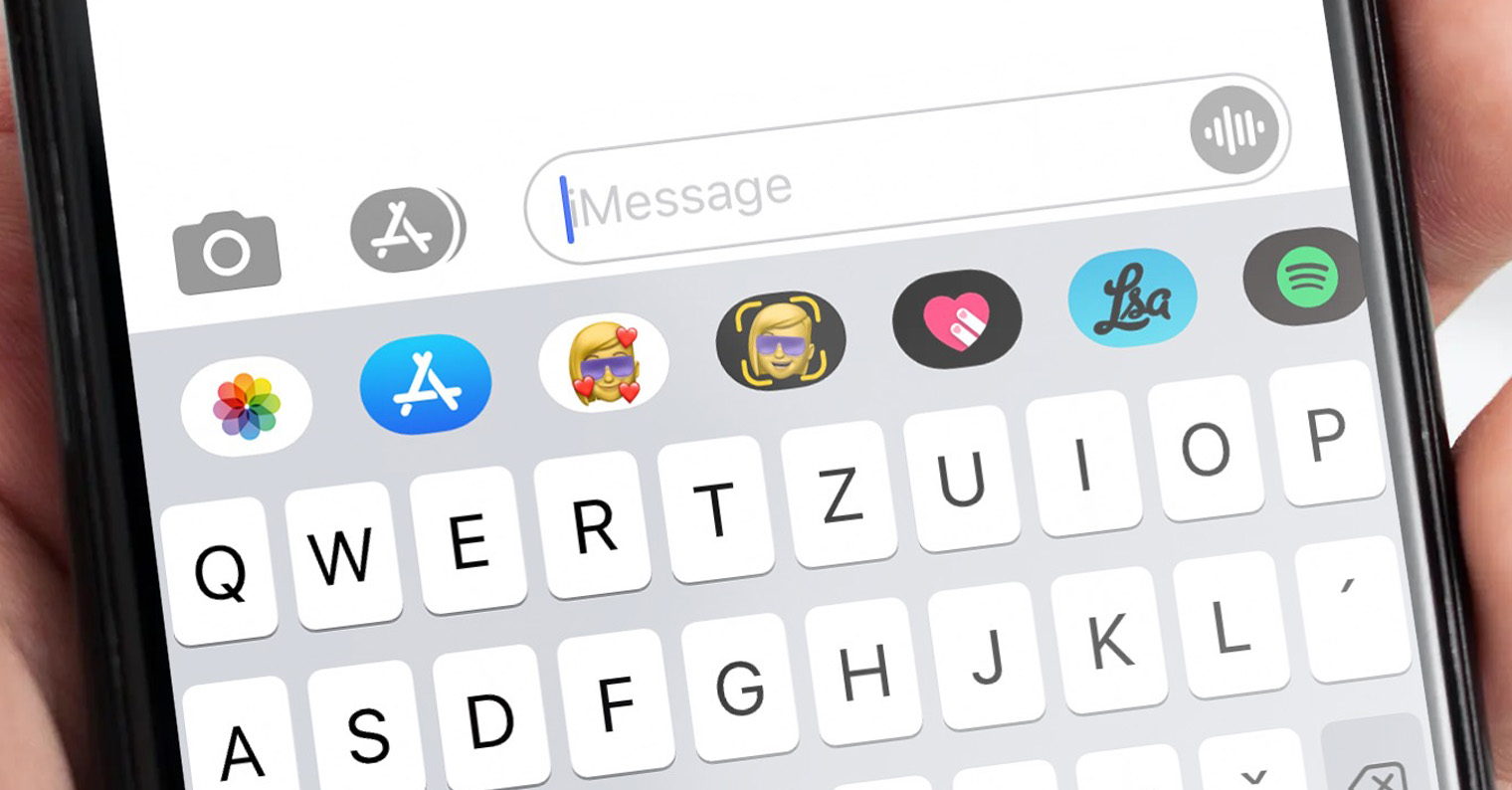
FaceTime is free and still is. But by the step that Apple has released them at least via the web, it gives a sniff of them to other users besides those using its products. By this inconvenience of the service, indirect pressure is exerted on them to give in and buy Apple devices and use their capabilities natively, which of course already makes Apple a profit. This is actually the right step with regard to the company's market intentions. But everything somehow ends with user awareness. There is a lot of talk about Apple, but Apple itself does not inform the user about these options, which in fact buries everything to a certain extent and the functions in question are forgotten. But it is definitely not the case that Apple is as closed as it used to be. He is trying, but perhaps too slowly and clumsily.

